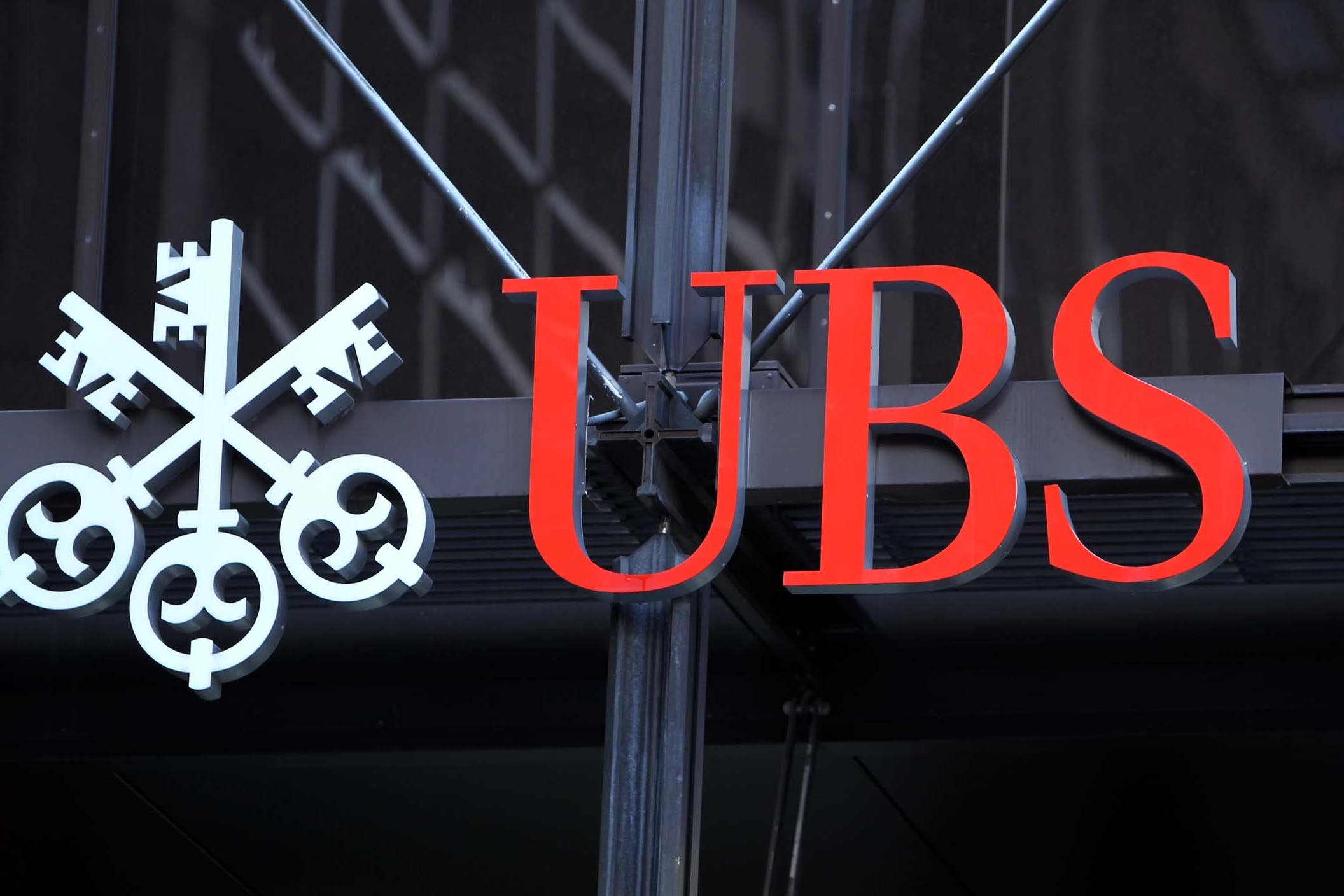Swiss bank UBS widens cost-cutting target as Credit Suisse merger continues
Chief executive Sergio Ermotti said 2023 was a ‘defining year in UBS’s history’ as it acquired Credit Suisse in a bid to prevent a banking crisis.

Swiss banking giant UBS has widened its cost-cutting target as it sunk deeper into a loss after buying rival Credit Suisse.
Chief executive Sergio Ermotti said 2023 was a “defining year in UBS’s history” as it acquired Credit Suisse in a bid to prevent a crisis in the global banking sector.
The takeover has been costly for UBS as it combines Switzerland’s two largest banks in what Mr Emotti previously described as “one of the biggest and most complex bank mergers in history”.
UBS last year said it wanted to save 10 billion US dollars (£8 billion) by 2026 by reducing costs, including cutting about 3,000 jobs over several years.
But on Tuesday it revealed the cost-saving target had risen to 13 billion dollars (£10.4 billion) by the end of 2026, with about half of the money saved over the course of this year.
As we move to the next phase of our journey, we will focus on restructuring and optimising the combined businesses
This will help it lower its cost-to-income ratio to less than 70% – meaning the amount it spends on running the business as a percentage of the amount it generates in income. At the moment, it is spending more than it is earning.
It has been running down a so-called “non-core and legacy” unit, which includes loans, products and systems inherited from Credit Suisse which it does not want to keep.
The unit generated a loss of 1.7 billion dollars (£1.4 billion) in the latest quarter.
Combining with Credit Suisse helped drive UBS to a total pre-tax loss of 751 million dollars (£598 million) in the three months to December, down from a profit of 1.9 billion dollars (£1.5 billion) over the same period a year ago.
UBS said it expects to complete the merger by the end of September this year.
“As we move to the next phase of our journey, we will focus on restructuring and optimising the combined businesses,” Mr Ermotti said.
“While our progress over the next three years will not be measured in a straight line, our strategy is clear.”
UBS said it is a challenging time for the banking sector, due to uncertainty over when central banks can lower interest rates this year.
“In addition, ongoing geopolitical tensions, including the conflicts in the Middle East and Eastern Europe, may impact supply chains and inflation, with consequences for the macroeconomic outlook and market volatility,” the bank said.
Nevertheless, the group said it is expecting stronger revenues at the start of this year, and its investment bank to return to profitability as activity in the financial markets picks up.
Bookmark popover
Removed from bookmarks